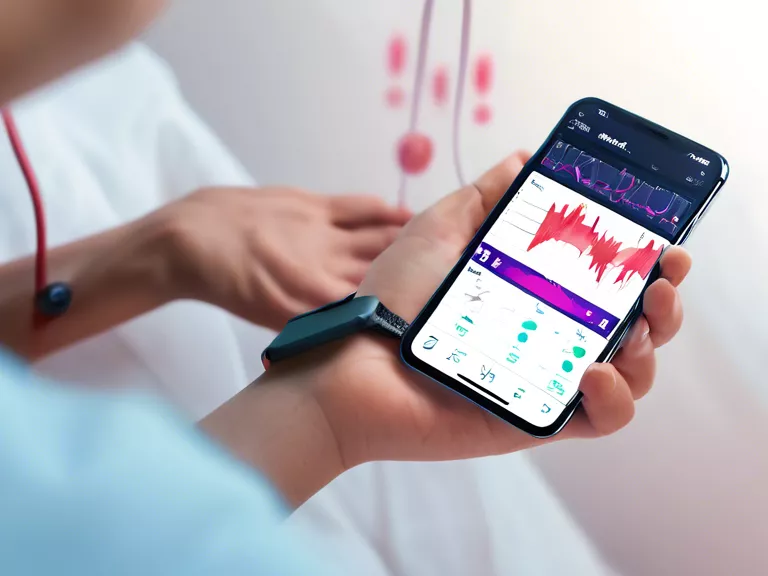
In today's digital age, technology has made monitoring our health easier than ever. With the rise of AI-driven health apps, individuals now have access to tools that can help them track their vital signs and overall well-being. In this article, we will explore how these apps can be used to monitor vital signs and track improvements in our health.
The use of AI-driven health apps allows individuals to keep a close eye on their vital signs such as heart rate, blood pressure, and oxygen levels. These apps utilize algorithms and machine learning to provide real-time data analysis and insights into one's health. By tracking these vital signs regularly, individuals can detect any abnormalities or trends that may require attention from a healthcare professional.
Furthermore, AI-driven health apps allow users to input other health-related data such as exercise routines, diet, and sleep patterns. By combining this information with vital signs data, individuals can gain a comprehensive understanding of their health and make informed decisions to improve their well-being. These apps can also provide personalized recommendations based on the user's data, helping them achieve their health goals.
In addition to monitoring vital signs, AI-driven health apps can track improvements in health over time. By comparing data from different time periods, individuals can see how their health has progressed and identify areas where they have made positive changes. This can be a great motivating factor for individuals looking to improve their overall health and wellness.
In conclusion, AI-driven health apps provide a powerful tool for individuals to monitor their vital signs and track improvements in their health. By leveraging the capabilities of these apps, individuals can take proactive steps towards a healthier lifestyle and better overall well-being.



